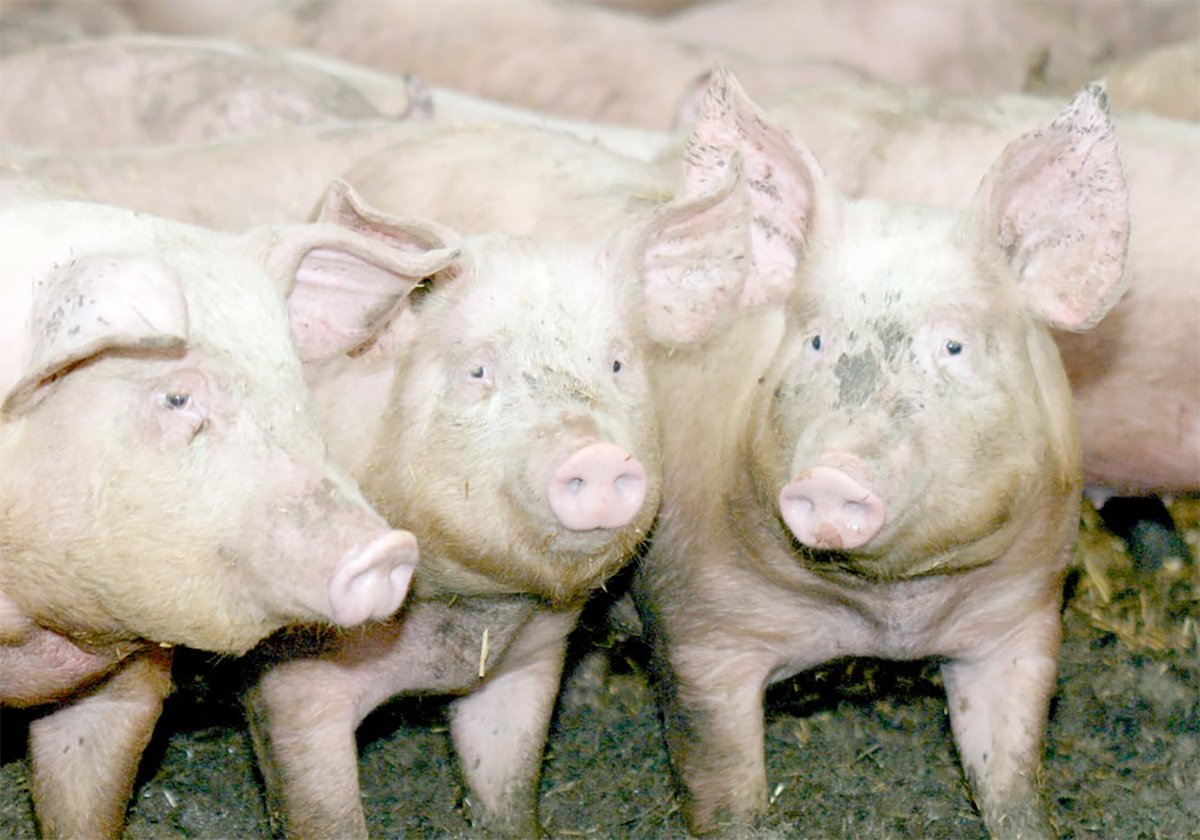HIGH RIVER, Alta. – Proposed changes to Alberta’s grazing lease policy have raised the ire of renters.
A 10-member leaseholder committee has been formed to explain to government their concerns over the grazing legislation revisions proposed by an MLA committee.
While changes are likely, the government plans to proceed slowly, agriculture minister Ed Stelmach said in an interview.
“We’re in no hurry to bring this to a conclusion. We probably will be looking at spring of 2000 if there is going to be any legislation to change it or amend it,” said Stelmach.
Read Also

The Western Producer Livestock Report – November 13, 2025
Western Producer Livestock Report for November 13, 2025. See U.S. & Canadian hog prices, Canadian bison & lamb market data and sales insights.
The review, chaired by MLA Tom Thurber, is an interim proposal and is facing more public comment. Final comments are due Sept. 30.
It is the uncertainty of changes about land tenure and resource revenue that worried the 300 leaseholders at a meeting at the Highwood Auction near High River.
“There is a growing trend not to recognize the contribution agriculture makes to the province of Alberta and its growth. This is something politicians have to pay attention to,” said Greg Noval, owner of the Bar-N Ranch and president of Canadian 88 Energy Corp.
Alberta has 5,600 grazing leases totaling six million acres of pasture land. While this is only five percent of the land base, these leases support about 20 percent of the province’s beef production.
There are several contentious issues.
The main issue over public access to crown land has existed since 1925 when the first case of trespass was heard. The most recent court decision said the leaseholder has the right to control who enters the property.
The review suggested renters become “gatekeepers” who may grant permission to enter the land at their discretion.
Leaseholders want to control who enters the property because they are held responsible for the upkeep of the pasture and want to protect their livestock.
Charity Hewitt of Cowley said the access issue jeopardizes deeded lands as well, because the public doesn’t know where the private property line starts. If renters can’t control who enters the property, there is a risk of fire, damage to the land and possible liability if someone is hurt.
Larry Sears, who ranches near Stavely, said people don’t need free access to these lands for hunting or recreation: “It’s to the detriment of these lands if they get it.”
He also wants an in-depth economic analysis before the leasing regulations are changed. And he wants flexibility for each ranch if a code of practice for land management is introduced.
“I don’t want the balance of responsibility shifted to the government and management committees,” he said.
Ranchers want long-term leases, said Norm Ward, president of the Western Stock Growers Association and a rancher from Granum. He supports a proposal offering 20-year leases to those who prove to be good caretakers of the land.
The average grazing lease is renewed every 10 years and bankers often view them as part of a rancher’s assets. Short-term leases create too much uncertainty.
“A 20-year lease is an effective way of managing the price cycle and the environment,” said Ward.
Another area of controversy deals with money paid to leaseholders by energy companies for access to oil and gas well sites. The report suggests payments should go to government, which would return about $300 per well site to the renter.
Ward said the compensation issue should be handled under the Surface Rights Act, which will be reviewed by government in 1999. Between $10 and $30 million is paid to rural Albertans for access rights to leased and deeded land.
Darcy Wills, of the Border Surface Rights Association, said the proposal is a land grab and erosion of ranchers’ property rights.
“It is a recipe for a long-term conflict,” he said.
Ranchers want the money to continue flowing to the leaseholder because they deal with the inconvenience of well sites and storage batteries on the leased land, said rancher Simon Schonhofer.
David Ball of Priddis said having an energy company on the land carries risks because the families must have evacuation plans in place and face sour gas emissions or spills.
John Blake of Nanton said the leaseholders must get the rest of agriculture on their side because those who don’t rent crown land believe ranchers receive windfall profits from oil revenue.















